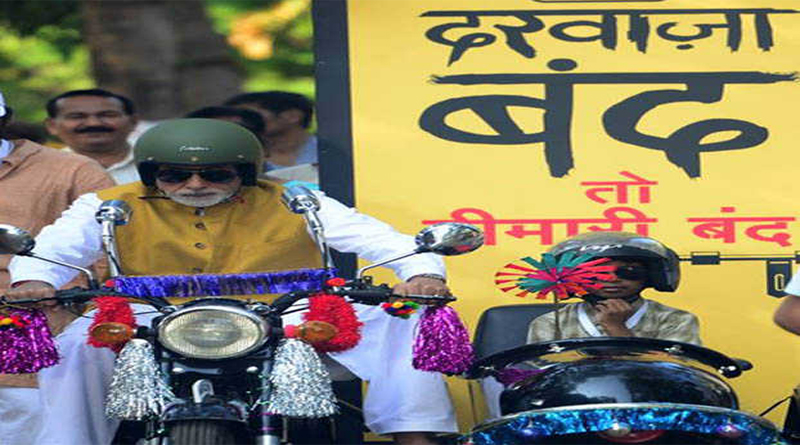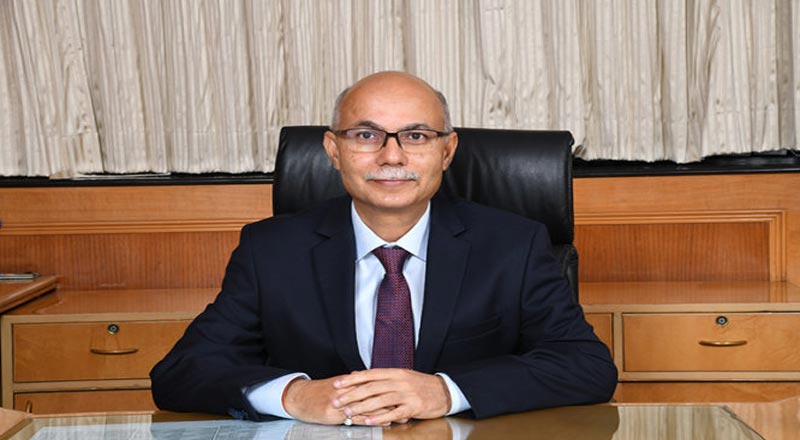Giants in Global Vaccine Development
GlaxoSmithKline (GSK) and Bharat Biotech are two pharmaceutical powerhouses playing an essential role in global public health
GSK, based in the United Kingdom, is one of the world’s largest drugmaker.s, known for its vast portfolio of vaccines, treatments, and consumer healthcare products. Its presence spans over 100 countries, and it has played a pivotal role in developing life-saving vaccines, including Mosquirix (RTS, S)—the world’s first approved malaria vaccine.
Bharat Biotech, headquartered in Hyderabad, India, has earned international recognition through its innovative vaccine work, particularly during the COVID-19 pandemic with the development of Covaxin. With a focus on affordable healthcare for low-income nations, Bharat is emerging as a key player in global vaccine manufacturing and distribution.
Now, these two companies are teaming up to make the malaria vaccine more accessible to the countries that need it most.
The Plan: Malaria Vaccine to Cost Less Than $5
On Wednesday, GSK and Bharat Biotech announced that the price of the Mosquirix vaccine will be reduced to below $5 per dose by 2028, effectively halving its current price.
The vaccine—originally developed by GSK in collaboration with non-profit PATH—was approved by the World Health Organization (WHO) in 2022. It is currently the first and only malaria vaccine to reach such a milestone.
To make this price reduction possible, GSK has initiated a technology transfer to Bharat Biotech, which will take over full-scale production of the vaccine by 2028. GSK will continue to supply the adjuvant component of the vaccine, a key element that enhances immune response.
The companies stated that the lower price was made possible by "process improvements, expanded production capacity, cost-effective manufacturing, and minimal profit margins."
The Context: A Rival Vaccine and Funding Pressures
While this is a major step in affordability, it's also a competitive move. The only other approved malaria vaccine—developed by the University of Oxford and produced by Serum Institute of India—is priced at under $4 per dose. The Oxford/Serum vaccine gained attention for its scalability and cost-effectiveness, pushing other players to reevaluate their pricing.
At the same time, Gavi, the global vaccine alliance that supports immunization efforts in the world’s poorest countries, is rallying for funds to sustain its mission. At a fundraising event in Brussels, co-hosted by the European Union and the Gates Foundation, significant pledges were made: Germany committed $700 million, while the Gates Foundation pledged $1.6 billion to support Gavi’s efforts over the next five years.
Gavi has already been instrumental in rolling out the malaria vaccine in Africa, funding its introduction into national immunisation programs. By the end of 2024, 12 African nations are expected to have integrated Mosquirix into their routine vaccine schedules.
The Malaria Challenge: An Urgent Global Need
Malaria continues to be one of the deadliest infectious diseases, especially in sub-Saharan Africa. According to the World Health Organization, it kills over 500,000 people annually, the majority of them children under five.
While malaria-related deaths fell significantly between 2000 and 2015, progress has stalled and even reversed—particularly during the COVID-19 pandemic, which disrupted healthcare access and treatment programs.
Vaccines are considered a game-changer in the fight against malaria, especially when integrated with existing tools like bed nets, mosquito control, and antimalarial drugs. However, the cost of vaccines has long been a barrier to widespread deployment, making price reductions like this critically important.
GSK has committed to supplying up to 18 million doses of Mosquirix between 2023 and the end of this year, with plans for 15 million annual doses from 2026 to 2028.
A Critical Step in Global Health Equity
The decision by Bharat Biotech and GSK to lower the cost of the Mosquirix malaria vaccine is not just about economics—it’s a move that could save thousands of lives and revive momentum in the global fight against malaria.
With Gavi’s financial support and Bharat’s growing manufacturing capacity, this collaboration shows how public-private partnerships can drive innovation, scale solutions, and address health inequities.
As the world continues to combat infectious diseases in low-income regions, such efforts are a testament to what is possible when science, compassion, and strategic collaboration come together for a common cause.
(With agency inputs)






















